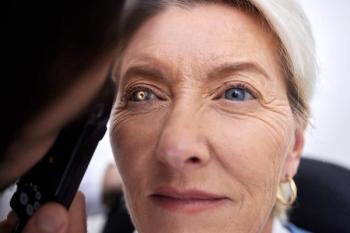
Wearable device aids early detection of diabetic autonomic neuropathy
Researchers at National Taiwan University Hospital have developed a wearable optical device that can detect sluggish pupil reaction, a symptom of diabetic autonomic neuropathy.
Taiwan-Researchers at National Taiwan University Hospital have developed a wearable
The wearable pupillometer weighs only 2.75 ounces and can hang on a pair of glasses. The device is worn in office for half an hour to monitor the patient’s pupils. It emits four colored lights to stimulate the pupil and a beam splitter attached to the device then filters the visible light that is reflected from the eye to the device’s camera, which processes the images to analyze the pupil’s size. By measuring 10 parameters associated with the pupil’s diameter and response time-five of which are significantly different in patient’s with diabetic autonomic neuropathy-doctors can then detect the
Currently, diabetic autonomic neuropathy is often
According to researchers, if the clinical trials are successful, the pupillometer could be available within the next few years.
Newsletter
Want more insights like this? Subscribe to Optometry Times and get clinical pearls and practice tips delivered straight to your inbox.



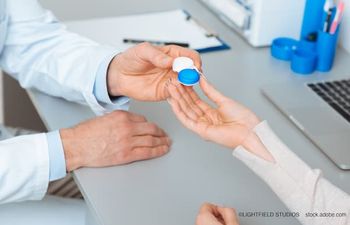

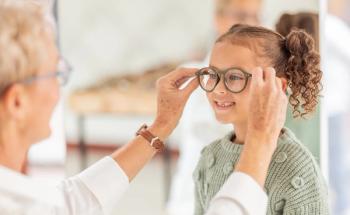




























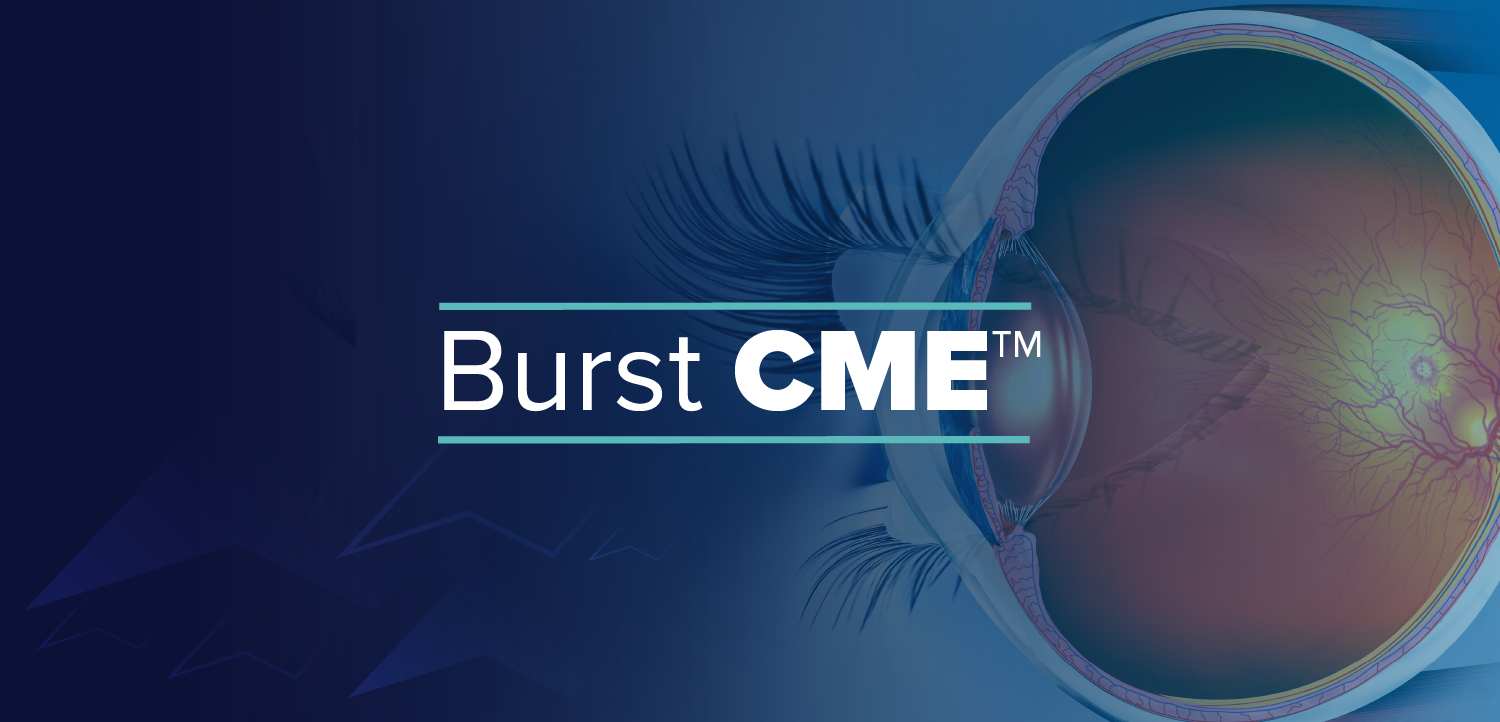
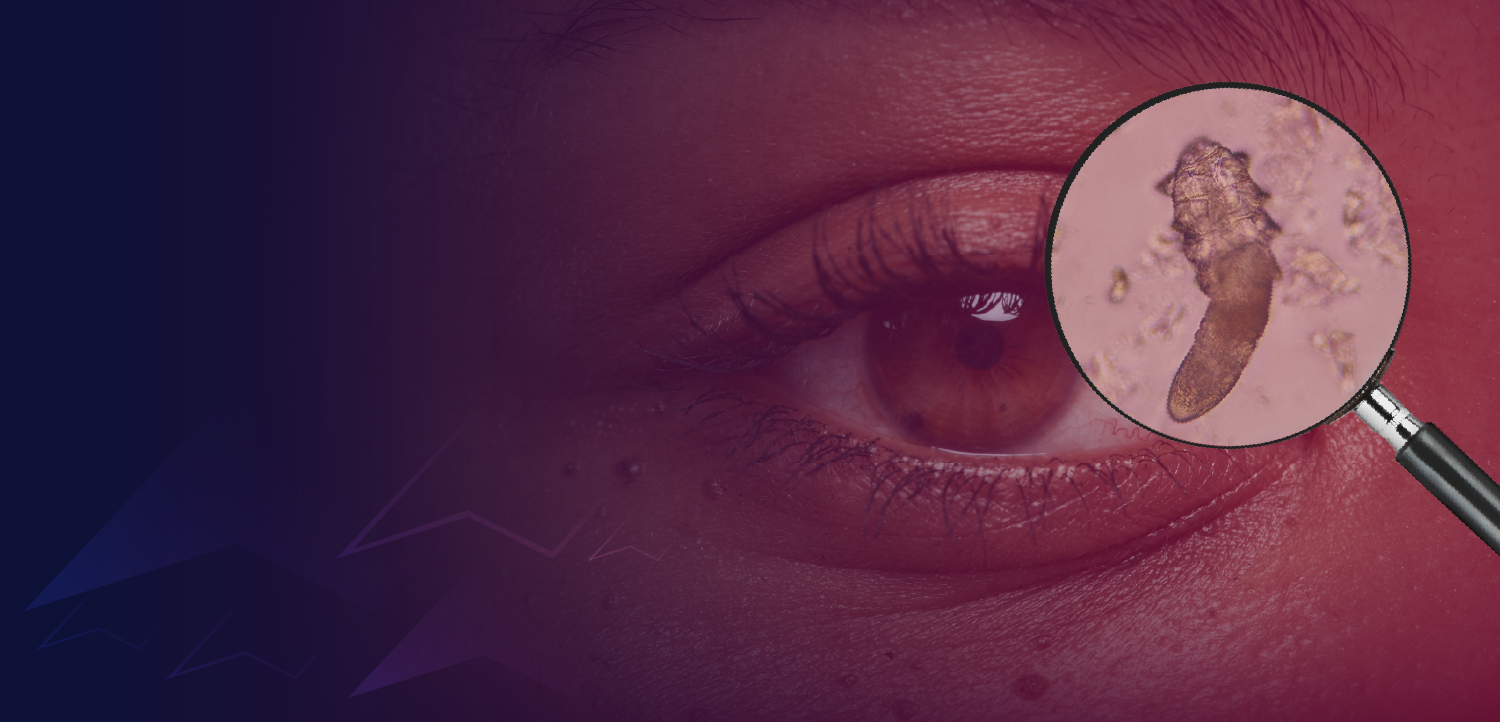















.png)


